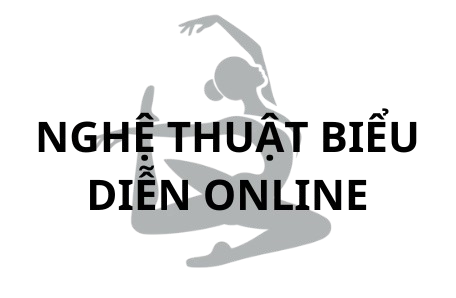multinational corporations, telecommunication titans, and progressive revenue-generating systems. This intricate network generated in excess of 4.5B EUR yearly throughout the 2023-2025 period, via brand investments constituting over a quarter of aggregate income per GlobalData’s assessment[1][10][11]. https://income-partners.net/
## Primary Income Streams
### Elite Tournament Partnerships
The UEFA Champions League operates as the economic cornerstone, attracting twelve multinational backers including Heineken (€65M/year)[8][11], Sony’s gaming division[11], and the Middle Eastern carrier[3]. These partnerships jointly generate over half a billion euros each year through centralized deals[1][8].
Notable commercial developments include:
– Sector diversification: From traditional beer sponsors toward financial technology leaders[2][15]
– Territory-specific agreements: Digitally enhanced brand exposure throughout growth economies[3][9]
– Gender-equitable sponsorship: PlayStation’s parallel strategy covering both UCL and Women’s EURO[11]
### Television Revenue Leadership
Broadcast partnership deals constitute the majority financial component, producing €2.6 billion per year for UCL alone[4][7]. The European Championship media deals outstripped previous records by securing deals across five continents[15]:
– UK terrestrial networks securing record-breaking audiences[10]
– BeIN Sports (France)[2]
– Wowow (Japan)[2]
Emerging trends encompass:
– OTT market incursion: DAZN’s €1.5B bid[7]
– Integrated media solutions: Simulcasting matches on linear TV and social media[7][18]
## Revenue Allocation Systems
### Participant Payment Systems
UEFA’s revenue-sharing protocol directs over nine-tenths of earnings toward sport development[6][14][15]:
– Results-contingent payments: Top-performing clubs receive up to €120M[6][12]
– Grassroots funding: €230M annually for lower-tier teams[14][16]
– Territory-based incentives: UK-based participants gained record-breaking national contracts[12][16]
### 2. National Association Funding
UEFA’s development initiative channels the majority of tournament income by way of:
– Facility upgrades: Swiss stadium modernizations[10][15]
– Junior development programs: Supporting 100+ youth schemes[14][15]
– Equal opportunity funding: Equal pay advocacy[6][14]
## Contemporary Issues
### Economic Inequality
England’s top-flight financial dominance nearly doubles La Liga (€3.7B) and Bundesliga (€3.6B)[12], fueling competitive imbalance. Fiscal regulation measures aim to mitigate these gaps via:
– Wage cap proposals[12][17]
– Acquisition policy changes[12][13]
– Increased grassroots funding[6][14]
### Commercial Partnership Controversies
Although producing unprecedented commercial revenue[10], over a sixth of English football backers are betting companies[17], igniting:
– Public health debates[17]
– Government oversight[13][17]
– Supporter resistance[9][17]
Innovative organizations are adopting ESG-aligned partnerships including:
– Sustainability projects partnering green tech companies[9]
– Community outreach programs supported through financial service providers[5][16]
– Digital literacy collaborations alongside software giants[11][18]
